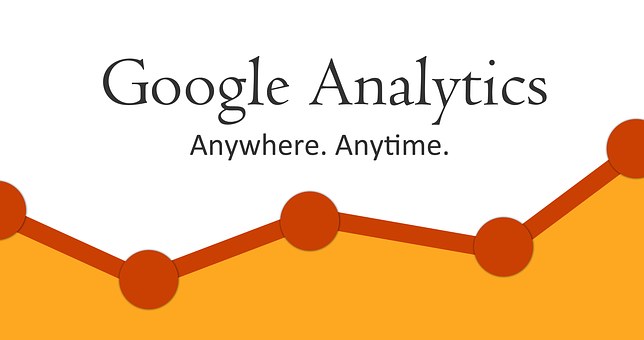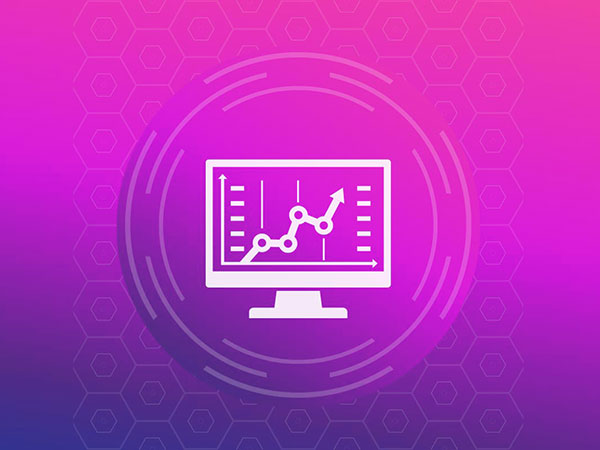Capturing data-related opportunities to improve revenues and productivity requires not only new talent and investments in information infrastructure but also significant changes in the mind-sets and frontline training. For organizations that are just starting into Big Data, operationalizing the data collection and instilling data-driven culture are a huge change management initiative. Executives often ignore the human and process changes that are critical to make the most of their analytics initiatives.
Big Data’s big opportunity is at the operational level – Many companies spend around 90% of their investment on building models and just 10% on frontline usage, when, essentially, almost half of the analytics investment should go to the front lines.
Consider the UK upmarket department stores that I worked with. It is trying to improve the omni-channel experience across all of its retail channels. The organization’s design is such that it pushes down decision-making to the store level as the store managers make impressive inventory turns. Senior executives were surprised by the arduous management effort involved in mobilizing human and capital resources across many functions and businesses in rolling out new decision-support tools.
In cases like this, operationalizing the changes (like data collection and enabling frontline managers to use the new found insight) is as critical as building cutting edge analytical models for a successful Big Data program.
Picking right mix of team and starting early – For companies pursuing the potential of data analytics, coalescing diverse group of managers around change is the best way to pursue data analytics as a new frontier for growth. Assembling cross-functional teams across a wide phalanx of IT, analytics and business-lines from the launch to implementation is essential.
The sophisticated analytics solutions that statisticians and scientists devise alone will not provide insights, if the managers and frontline employees are not eager to use them regularly.
By embracing the change both in mind-sets and in operational processes at the early stage, businesses can use data to run smarter. Organizations should imbibe a ‘data-driven’ culture that is shaped to work with data at all levels.

The data analytics of substance abuse & treatment
The...




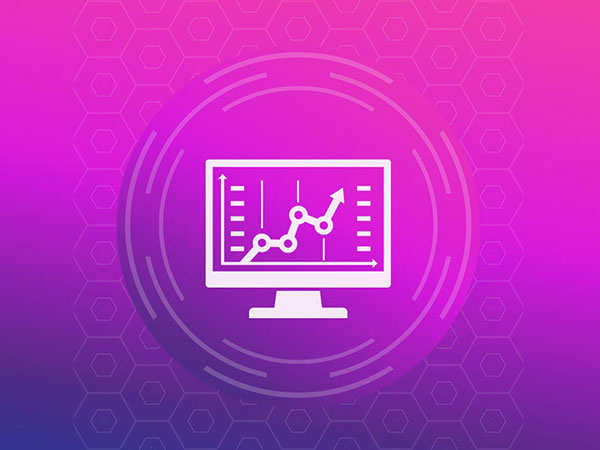
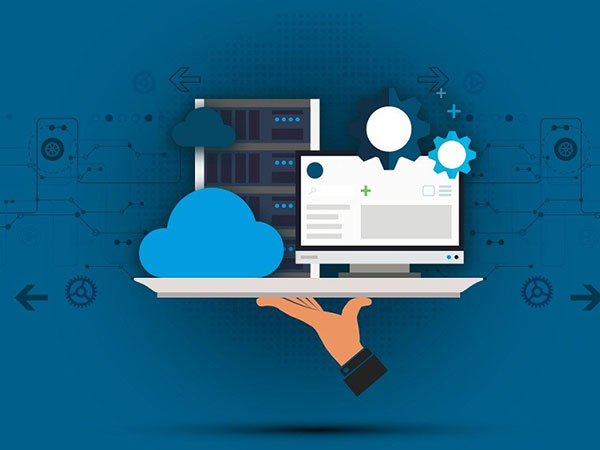
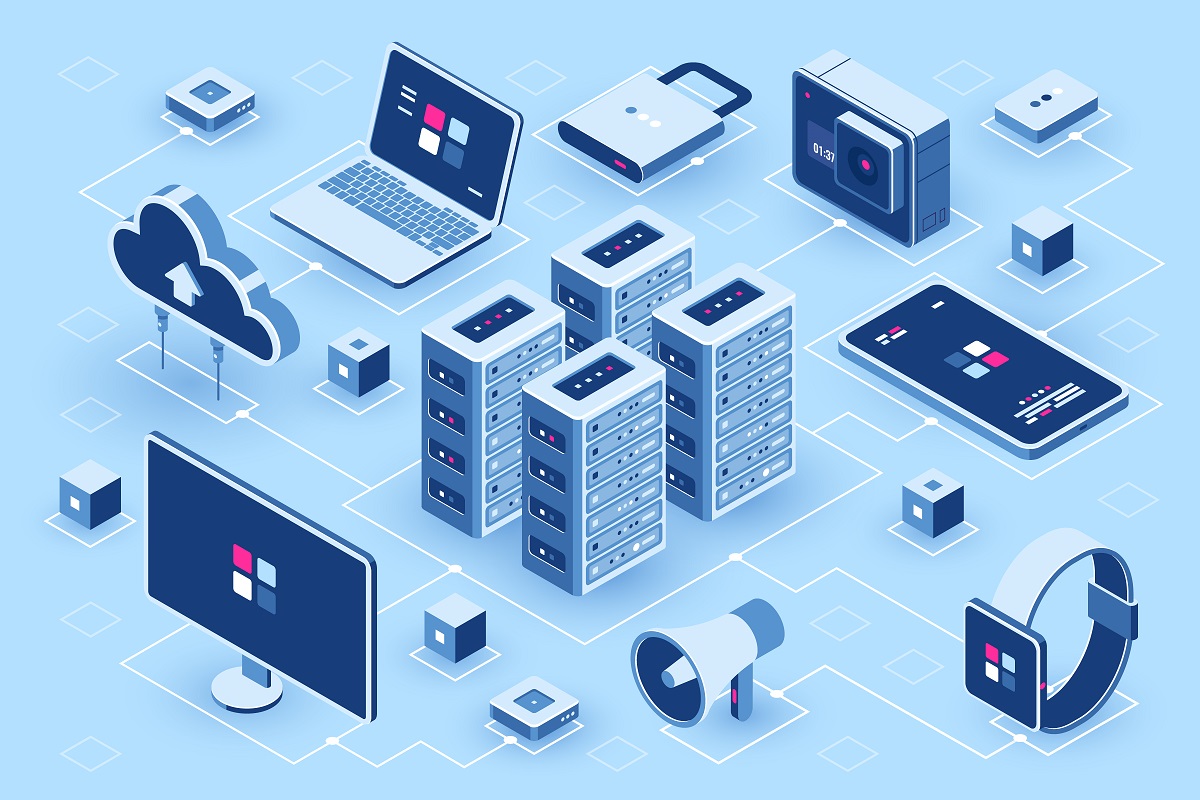


![7 data-driven ways to optimize your online store for mobile [Infographic]](https://crayondata.ai/wp-content/uploads/2019/11/optimize-1.jpg)


![Top tips and tricks to improving your customer experience [Infographic]](https://crayondata.ai/wp-content/uploads/2019/01/customer-journey-1.jpg)
